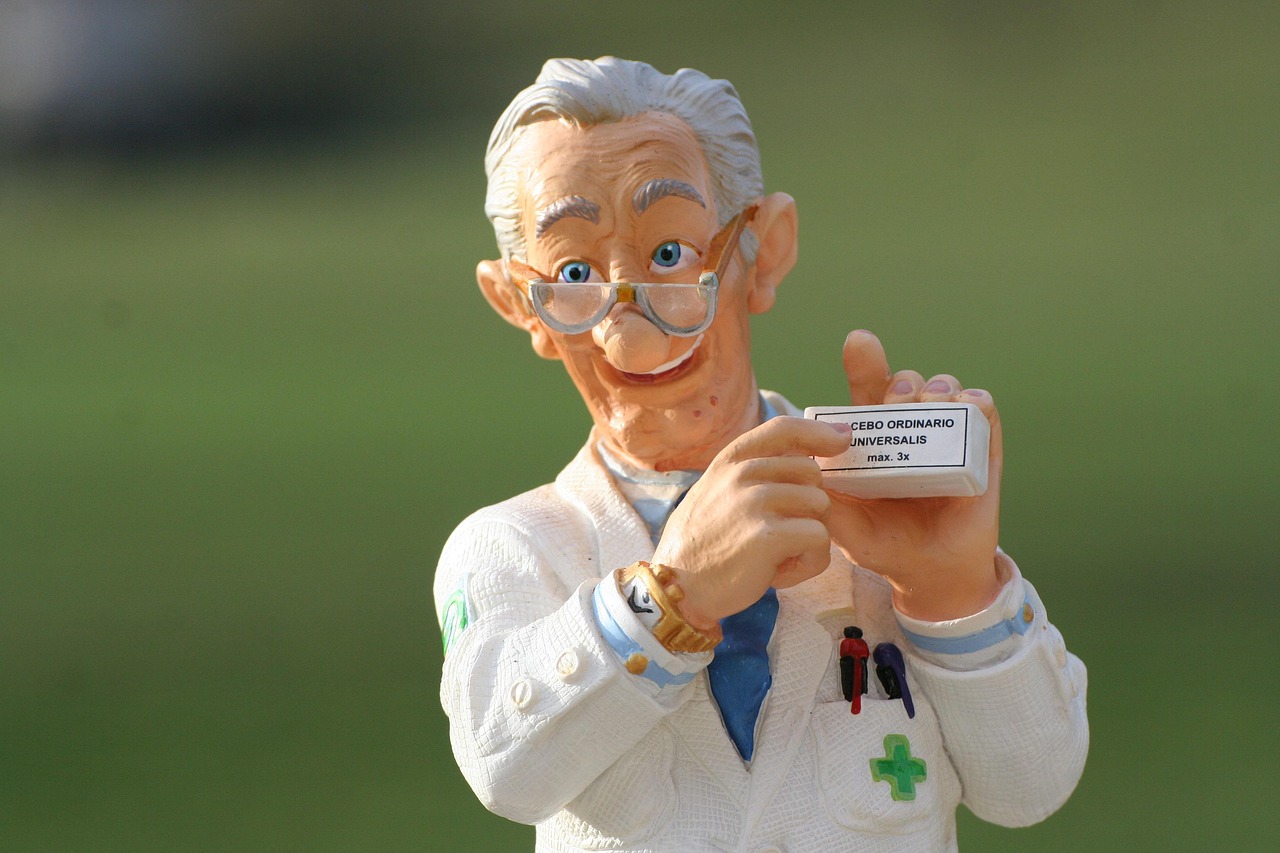Many people best sugar free energy drink that provide a quick boost without the added sugar and calories. Sugar-free energy drinks offer this benefit by combining caffeine and other ingredients designed to increase alertness and stamina without causing a sugar crash.
The best sugar-free energy drinks deliver effective energy, maintain low calorie content, and avoid the common pitfalls of sugary alternatives. Popular options include brands like Monster, Celsius, and Alani Nu, which balance taste, caffeine levels, and nutritional value.
Choosing the right sugar-free energy drink depends on factors like caffeine tolerance, ingredient preferences, and flavor. With numerous options available, it’s possible to find a drink that fits both lifestyle and health goals.
Top Sugar Free Energy Drinks
Sugar-free energy drinks vary widely in caffeine content, ingredients, and purpose. Some offer balanced caffeine doses for daily use, while others focus on athletic performance or clean formulas from trusted brands.
Best Overall Choices
The top sugar-free energy drinks provide a steady caffeine boost without added calories from sugar. Brands like Red Bull Sugarfree, Monster Zero Ultra, and Celsius are popular due to their consistent energy delivery and flavor variety.
Caffeine content usually ranges from 80 to 300 mg per serving. Many also include ingredients like B vitamins, taurine, and green tea extract. These drinks avoid sugar crashes, making them suitable for work or study.
Consumers often prioritize drinks with natural sweeteners such as sucralose or stevia. These options maintain taste without increasing calorie intake.
Energy Drinks for Athletes
Athletes need energy drinks that support endurance and recovery without excess sugar. Sugar-free options like Reign Total Body Fuel and Celsius Heat contain electrolytes and branched-chain amino acids (BCAAs) alongside caffeine.
Caffeine levels in these drinks tend to be higher, between 200 and 300 mg, to boost performance. They also often include ingredients aimed at reducing muscle fatigue and improving focus.
Hydration and recovery benefits set these apart from standard energy drinks. They cater to workout sessions and competitive sports while avoiding sugar-related issues.
Popular Brands Compared
Here’s a breakdown of common sugar-free energy drink brands:
| Brand | Caffeine (mg) | Sweeteners Used | Key Ingredients |
| Red Bull Sugarfree | 80 | Sucralose | Taurine, B vitamins |
| Monster Zero Ultra | 140 | Sucralose, Acesulfame | Ginseng, B vitamins |
| Celsius | 200 | Stevia | Green tea extract, guarana |
| Reign Total Body Fuel | 300 | Sucralose | BCAAs, electrolytes |
| Alani Nu | 200 | Sucralose | L-theanine, B vitamins |
Each brand targets different consumer needs. Red Bull focuses on moderate caffeine with classic ingredients, whereas Reign and Celsius lean toward fitness and endurance support. Choice depends on caffeine tolerance and additional functional benefits.
Key Factors When Choosing Sugar Free Energy Drinks
Choosing the right sugar-free energy drink depends on several key aspects like the ingredients used, caffeine levels, and the balance between health benefits and potential risks. Each factor influences how well the drink meets the consumer’s energy needs without compromising health.
Ingredients and Nutrition
The ingredient list is crucial since sugar-free energy drinks often replace sugar with artificial or natural sweeteners. Consumers should check for sweeteners like sucralose, stevia, or erythritol, which affect taste and may impact digestion or personal tolerance differently.
Nutrition labels reveal calorie counts, often near zero, and whether the drink contains added vitamins or amino acids. Low or zero carbohydrates and minimal sugars are essential for those managing blood sugar or trying to lose weight. Some drinks include B vitamins, taurine, or electrolytes, which can provide functional benefits beyond just caffeine.
Avoid products with excessive artificial additives or high sodium levels. Transparency in labeling helps consumers make informed choices aligned with dietary goals and health conditions.
Caffeine Content
Caffeine is the primary active ingredient providing the energy boost. The content varies widely between brands, often ranging from 50 mg to over 300 mg per serving. Consumers need to consider their own caffeine tolerance to avoid side effects like jitteriness, anxiety, or sleep disturbances.
Energy drinks with moderate caffeine (around 100-160 mg) tend to balance effectiveness with safety for most adults. High caffeine doses might be more suitable for those with higher tolerance but can increase the risk of negative reactions.
It’s important to note serving size and total caffeine per container. Some products offer multiple servings, which can lead to unintended higher intake if consumed all at once.
Health Benefits Versus Risks
Sugar-free energy drinks help reduce sugar intake, lowering risks such as diabetes, obesity, and heart disease. They also contain fewer calories, which supports weight management efforts.
However, artificial sweeteners used in sugar-free drinks may cause digestive discomfort in some people. There’s also ongoing debate about long-term effects of habitual consumption of artificial additives.
Caffeine’s stimulating effects improve alertness and concentration but can cause crashes or withdrawal symptoms if used excessively. Individuals with heart conditions, pregnancy, or caffeine sensitivity should exercise caution.
Balancing potential benefits with these risks requires careful attention to personal health status, ingredient quality, and consumption patterns.







Leave a Reply